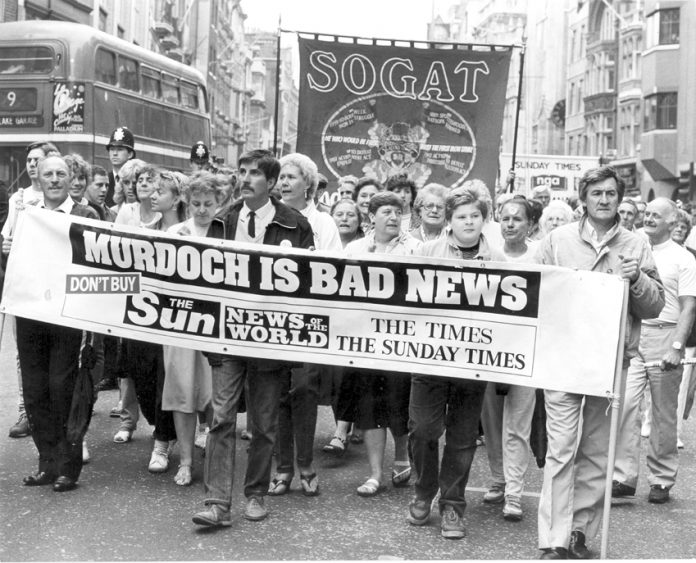
PM’S QUESTIONS were yesterday centred on Cameron’s ‘profound apology’ for hiring Coulson as his press officer.
Labour leader Miliband opened by saying: ‘For four years the prime minister’s handpicked closest adviser was a criminal and brought disgrace to Downing Street.
‘We now also know that the prime minister wilfully ignored multiple warnings about him.
‘On 8th July 2009, the Guardian published evidence of phone hacking on an industrial scale while Andy Coulson was editor of the News of the World. At that time Andy Coulson was his director of communications. What action did he take?’
Cameron refused to give a proper answer and referred Miliband to the Leveson Inquiry.
Miliband then said: ‘Let’s move on to May 2010. The Deputy Prime Minister warned him in person about his deep concerns about Andy Coulson. So he was warned by his deputy. What action did he take?’
‘Every single one of these issues was dealt with by the Leveson Inquiry,’ retorted Cameron.
Miliband continued: ‘In September 2010, the New York Times published a front page investigation detailing Andy Coulson’s extensive knowledge of phone hacking, including one former editor who said “I’ve been to dozens if not hundreds of meetings with Andy where the subject came up.” What action did he take?’
Cameron replied: ‘All of these issues, every single warning, was dealt with by the Leveson Inquiry.’
Miliband went on: ‘Amidst all of those warnings, the very least he should have done is insisted immediately on coming to office that Andy Coulson should have the highest level of security vetting as his six predecessors of the previous 14 years have had. Why didn’t he insist on it?’
Cameron replied: ‘Again, Leveson in his inquiry spoke directly on this issue … Leveson concluded this: “the level of security clearance was not the decision of either Mr Cameron or Mr Coulson, it was the decision of the civil service”.’
Miliband then said: ‘On the civil service, can you assure the House that at no time did Sir Gus O’Donnell, the then Cabinet Secretary, or any senior civil servant, raise concerns with him or his office, about hiring Andy Coulson?’
Cameron dodged the question, replying: ‘Gus O’Donnell’s made that very clear in the evidence he gave to the inquiry …’
Miliband then said: ‘He was not asked that at the Leveson Inquiry. There is now a very important question, which the whole country will want an answer to, about whether Sir Gus O’Donnell or senior civil servants raised concerns with him or his office about Andy Coulson.
‘And the truth about this is that the charge against the prime minister is not one of ignorance, it is wilful negligence.
‘At the heart of this scandal are thousands of innocent victims of phone hacking he didn’t stand up for. The Prime Minister will always be remembered as being the first ever occupant of his office who brought a criminal into the heart of Downing Street.’
Cameron replied: ‘All of these issues were examined by the Leveson Inquiry.’
Miliband did not demand the resignation of the PM.
Labour MP Chris Bryant said: ‘The prime minister said yesterday that he was just giving Andy Coulson a second chance. That means that the prime minister knew that there was a first offence and he knew from the very beginning that he was taking a criminal into Downing Street.’